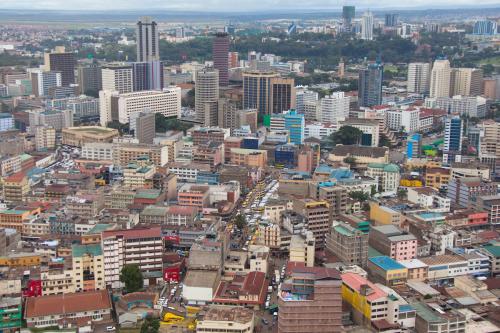After decades of neglect, Latin American governments are increasingly focusing on urban slums. What often spurs their policy interventions is a desire to counter violent criminality leaking out from the poor marginalized slums controlled by gangs into the city centers the better-off residents want to keep safe. But tackling the socioeconomic dynamics of slums — the trap of poverty, discrimination, lack of public goods and social services, and rule by nonstate actors — is not only complex, but also costly. Governments, elites, and middle classes tend not to want to spend resources on slums. Effective policies have to be sustained for decades, and political will and tax revenues for such complex state-building are frequently scarce.
Focusing on a discreet intervention – providing low-cost housing – becomes tempting. Rarely is it sufficient. The condition of the buildings alone is not what makes a slum a slum. Moving residents from slums to better low-cost housing has encountered systematic challenges not just in Latin America, but also in other places where it has been tried, such as Kenya. Instead, policies need to focus on broader community dynamics, including public safety, legal job creation with sufficient income, human capital development, and robust connectivity of slums to economically-thriving areas, something residents of the latter often don’t want.
Paradoxically, real estate dynamics can have pernicious effects. If broader pacification does take hold and public safety in slums increases, some slum areas can become desirable real estate with vast development possibilities. Developers may well seek to buy the land by offering “better” low-cost housing to slum residents to get them to move. Since many slum residents do not have title to their residences, forced displacement also occurs, albeit under the cloak of being nice to the poor.
Instead of being limited to the provision of alternative residences, policies to address slums need to be about inclusion, economic growth, safety, and connectivity of slums with the thriving city parts, and accountability of city-governance authorities.
This commentary was originally published by the Inter-American Dialogue’s Latin America Advisor.


Commentary
Op-edThe skyscraper and the shack: What slum policy should not be about
March 2, 2016